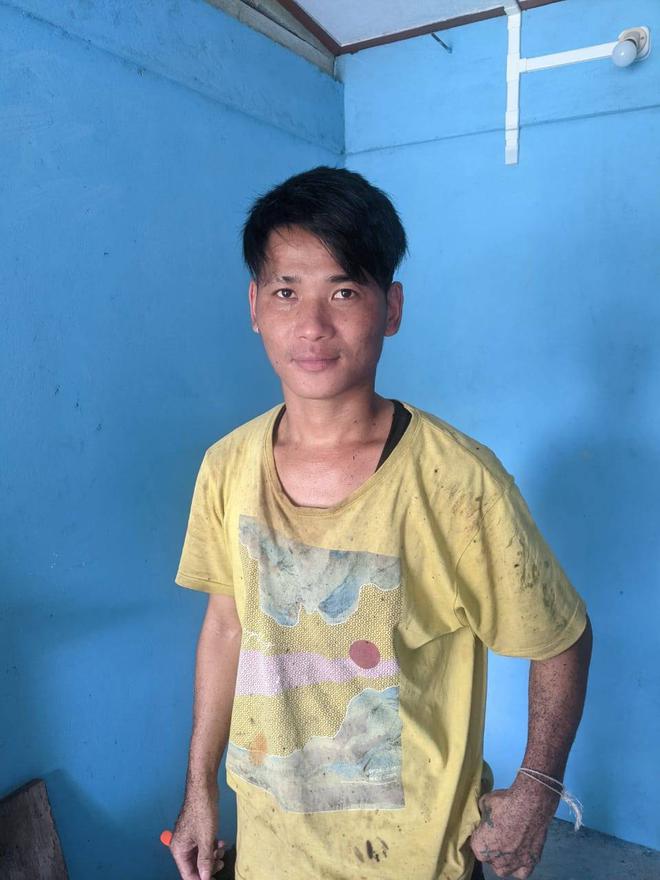For the villagers of Borguli, Kiyit, and Ngopok, getting a decent haircut meant travelling 20 kilometres to Mebo town or 55 kilometres to Pasighat, the headquarters of the East Siang district of Arunachal Pradesh. That was before Toklom Perme happened nine months ago.
It is not unusual for small ethnic communities in Arunachal Pradesh to celebrate their first venturer in high-profile professions or in white-collar jobs. Mr. Perme, 26, arguably the first Adi tribesman to set up a barbershop in a rural belt, is also being hailed, at least by some 1,200 male villagers he caters to.
Akok Lego, a Kiyit village elder, was sceptical when Mr. Perme approached him in January seeking space for opening a barbershop. The young man, he thought, would probably not last long pursuing a trade associated with Hindi speakers.
As Mr. Perme’s landlord, he is now happy to have been proved wrong.
Today, Mr. Perme handles an average of 15 clients with a maximum of 30 on Sundays or local holidays. He earns an average of ₹19,000 a month, much of which he sends home at Bijari village in the adjoining Lower Dibang Valley district.
“My expenditure in Kiyit is at most ₹5,000, including ₹1,500 as rent for the shop and an attached room to live in. The rest goes for the education and maintenance of my two daughters, as well as the upkeep of my parents who take care of them in Bijari,” he told The Hindu.
His wife left him more than a year ago. It was a reason why he decided to move to Kiyit, but not as strong as the urge to work in a more populous area for a higher income.

Snipping by accident
The “corona crisis” in 2020 changed Mr. Perme’s destiny. The lockdown that year saw the lone barbershop in Bijari, run by a father-son duo from Bihar for almost 30 years, shutting down.
Mr. Perme, who barely eked out a living doing odd jobs, began snipping the hair of the members of his family and clan. He discovered he was a natural with a pair of scissors, having watched barbers at work closely and gone through YouTube videos on hairdressing.
“I opened a shop in Bijari three years ago, but the village did not have enough people to sustain my family. With 280 families and easily accessible for people in the larger Ngopok and Borguli villages, Kiyit seemed to be the right place for me to pursue the trade,” he said.
Enung Modi, the head gaonburah (chieftain) of Bijari said his Kiyit’s gain has been his village’s loss. However, the villagers have begun to acknowledge him as an example of enterprise and self-reliance.
“In a State where many youths are wasting their time and health on drugs and liquor, a few like Mr. Perme are taking the path less travelled. By upholding the dignity of labour, he is being discussed on social media platforms,” Obang Tayeng, a retired State government officer and Borguli resident said.
Many on these platforms have advised Mr. Perme to undergo training to enhance his hairstyling skills beyond wielding a pair of scissors and electric hair clippers.
“I have a plan to upgrade and move to an urban area. At the same time, I want to ensure villagers are not denied the service closer to their homes,” Mr. Perme said.







